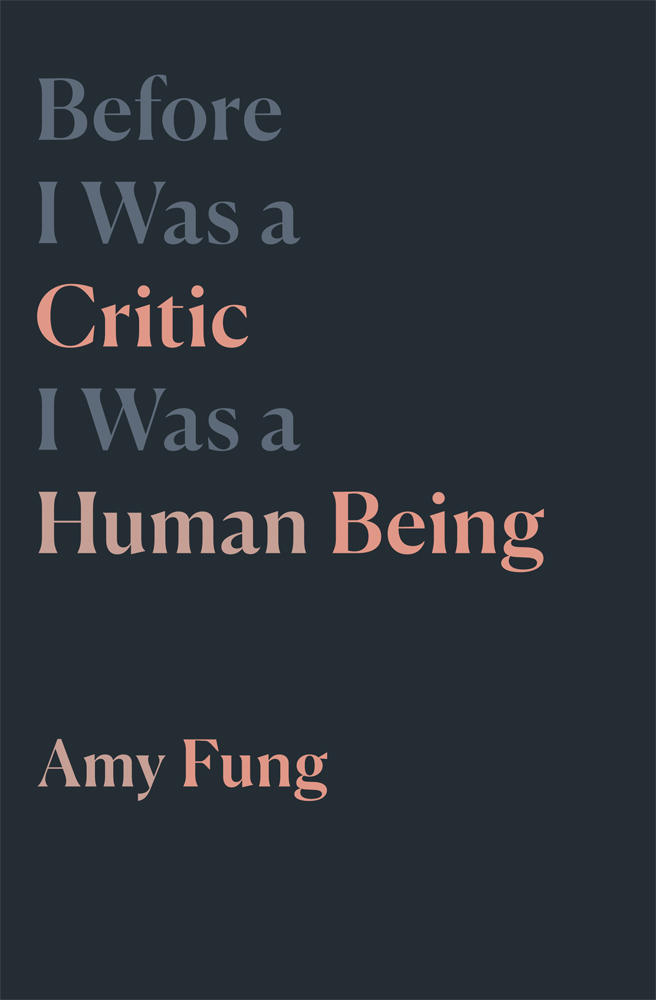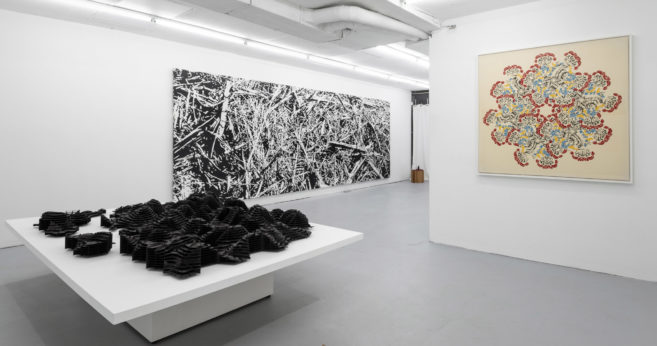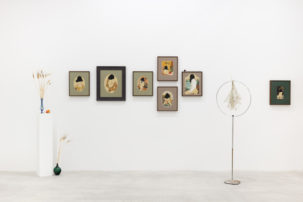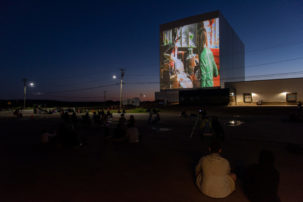Anxiety about change and desire for preservation are central concerns in current discussions about art criticism and contemporary art. Amy Fung’s debut book presents a snapshot of current affairs in Canada—in politics and the arts—that reminds readers that change is long overdue. Before I Was a Critic I Was a Human Being is not interested in engaging in the panic-driven and often highly theoretical conversations about how to engage with art; Fung’s writing, with the exception of a couple chapters and select passages, is adamantly not about art criticism. Rather, it points to the framework in which criticism continues to exist in this country, to the idea that “the Canadian experience cannot be removed from the Canadian imaginary, which, as a byproduct of culture being produced in this country, continues to serve and protect a white masculine settler-colonial hegemony.”
The book’s title serves as a prompt and literal starting point for a sobering and critical look at the social and political landscape of Canada, interwoven with Fung’s own experiences as an immigrant and POC, as well as a larger discussion about the “betrayal of [the] relationships [that were] built over generations of covenants and wampum belts” and the “failure of each successive Canadian government to uphold its end of treaty law.” While the book’s description calls it a very long land acknowledgement, Before I Was a Critic is also an open and personal apology from Fung for being “completely complicit” and, among other things, not “think[ing] twice about entering a space that could cover its walls with images of contemporary Indigenous perspectives, but exclude their physical bodies from entering and experiencing.” In doing so, Fung returns to the foundations of art criticism. She reminds readers that art criticism is a form of engagement rooted in the personal, which is inseparable from the political.








